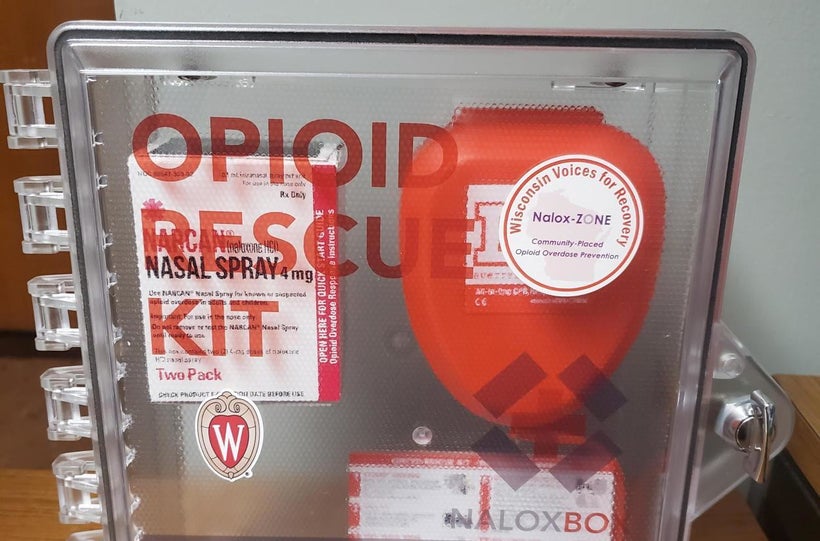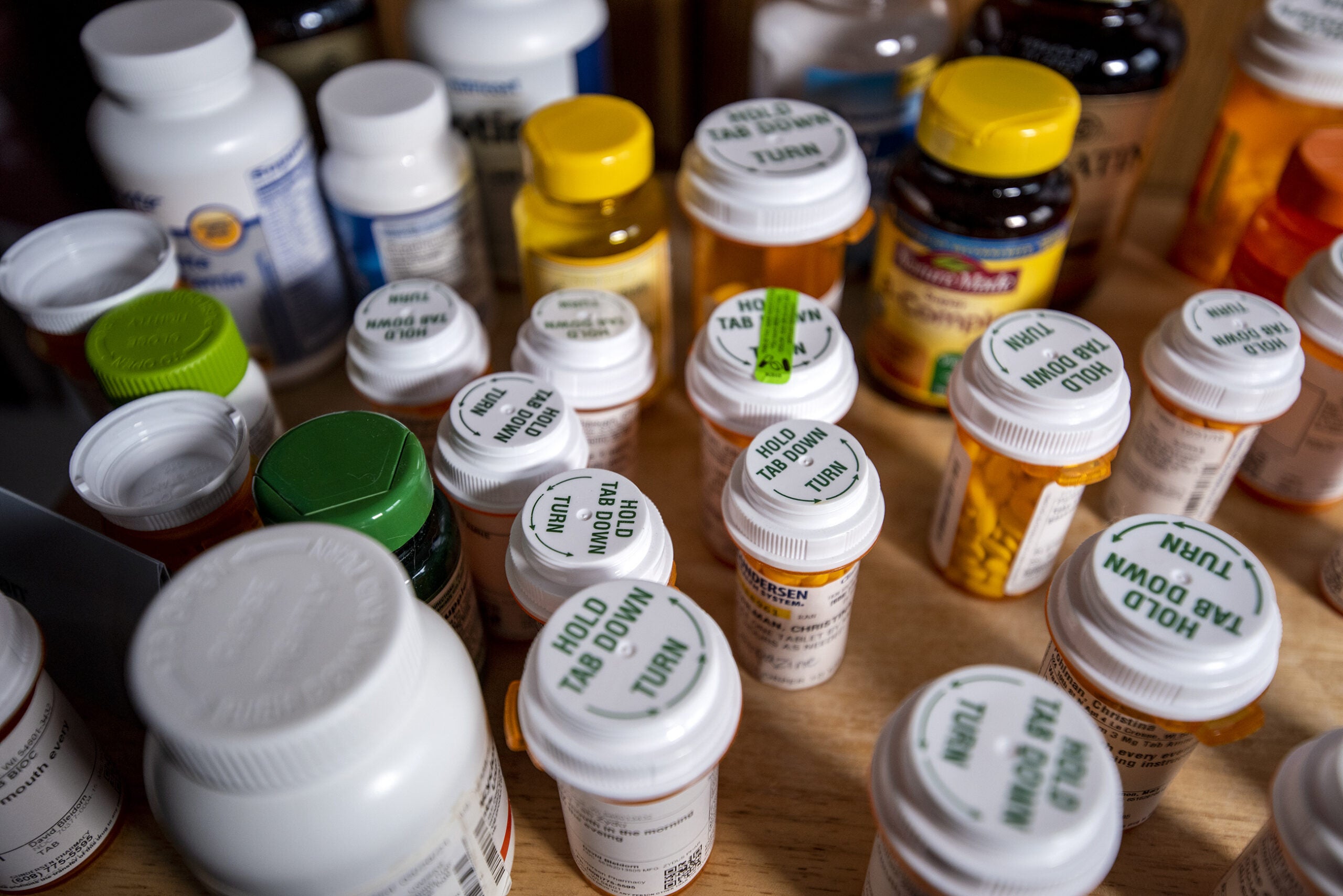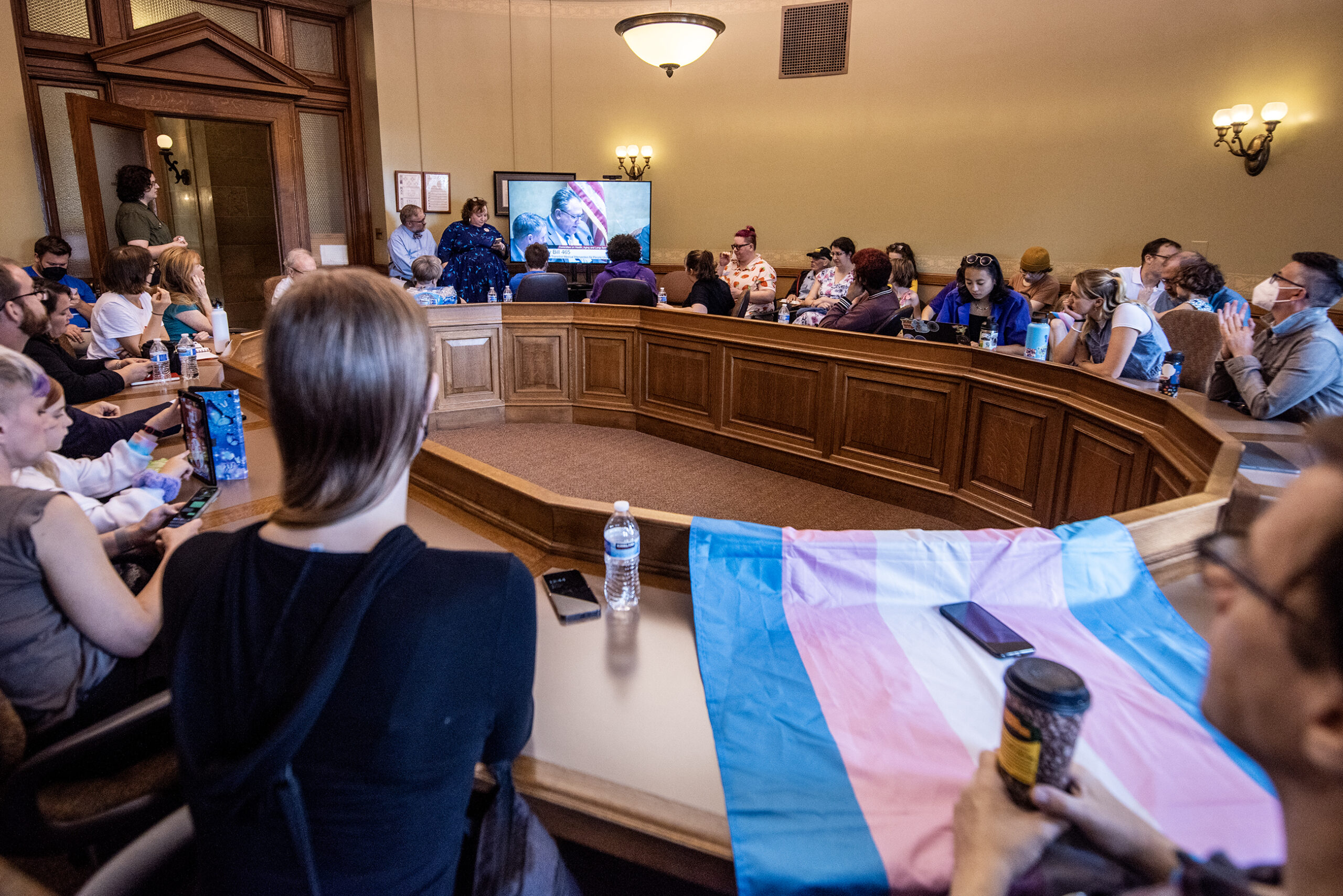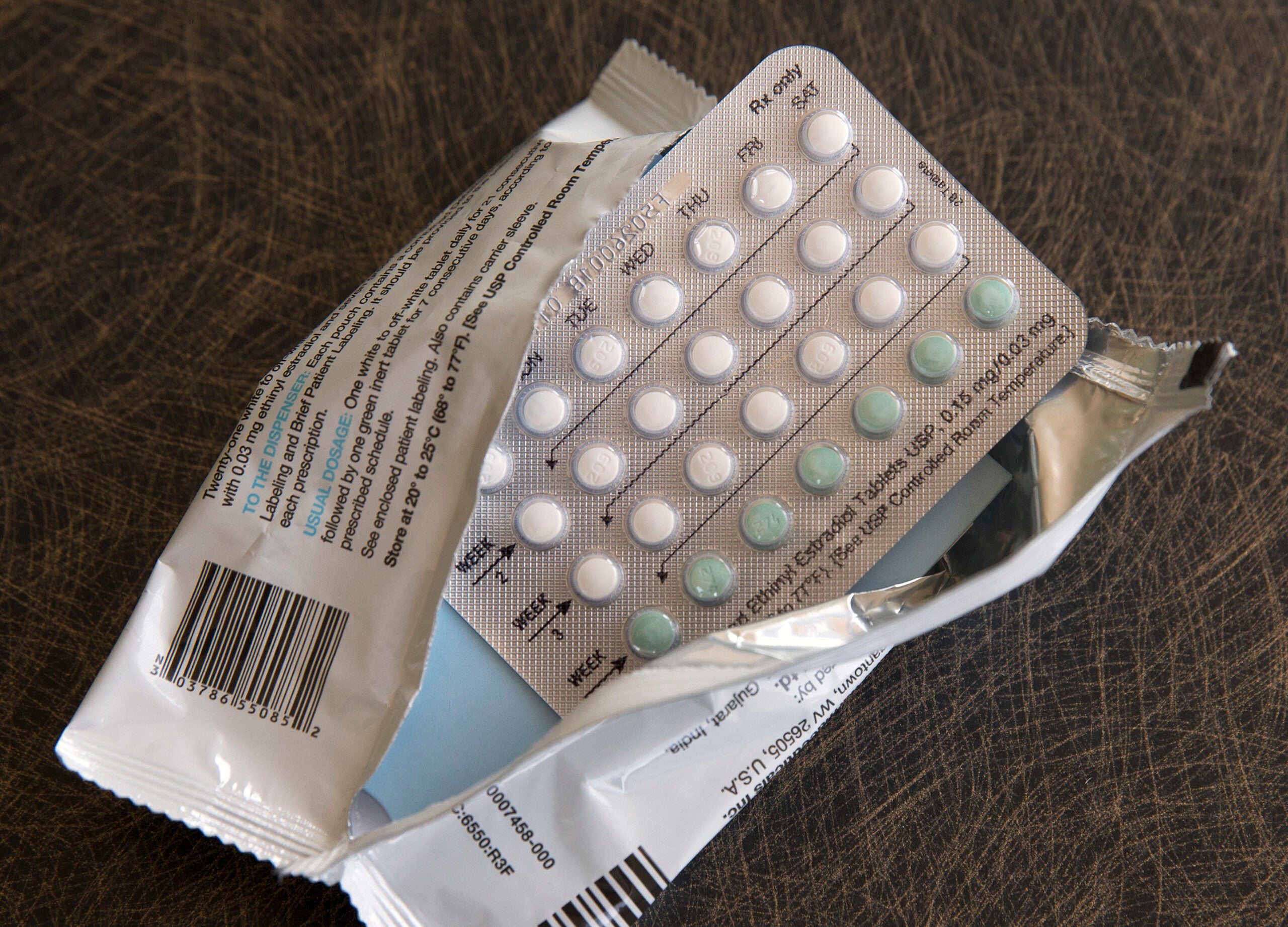There are many reasons people run for public office, but what exactly is the experience of running like? Veronica Rueckert and Rob Ferrett talk with two guests who ran succesfully about the process of running for office, and the emotions that go along with it. They’ll also find out how to get rid of prescription drugs safely, and get some grilling tips on Food Friday.
Featured in this Show
-
Expert: How To Safely Dispose Of Prescription Drugs
Saturday, April 26, is National Prescription Drug Take-Back Day.
For those who have unused, unwanted or expired prescription pills sitting in a medicine chest, National Prescription Drug Take-Back Day is an opportunity to get rid of them safely, conveniently and responsibly.
These take-back events, hosted by the U.S. Drug Enforcement Administration (DEA), are held twice a year across the country and aim to make prescription drug disposal easy and anonymous.
How Does It Work?
National Prescription Drug Take-Back Day offers an opportunity to drop off unwanted or unneeded prescription drugs — for free and with no questions asked. Some locations even offer drive-up or bike-up services so people don’t need to get out of their car or bike.
Most sites request that people empty pills into baggies and keep liquids in their original containers. These sites will not accept needles or sharps.
To find a collection site nearby, enter a zip code or location into this easy locator. Or people can call 1-800-882-9539 for assistance.
Why Get Rid Of Expired Or Unused Prescription Drugs?
Prescription drugs are linked to an increase in drug abuse and environmental concerns, like contaminated drinking water, so it’s important to dispose of them properly.
According to Dana Brueck, spokesperson for the state Department of Justice, which is coordinating statewide efforts around National Prescription Drug Take-Back Day, prescription drugs is the nation’s biggest abuse problem.
“From an enforcement aspect, we know that these drugs are diverted or stolen by people who are addicted to opiates,” said Brueck, underscoring the importance of not leaving prescription drugs in medicine cabinets where they are subject to abuse, misuse, and even trafficking.
The other prime concern is the environment. Marc Lovicott, spokesman for the University of Wisconsin-Madison Police Department, which held a successful take-back drive Friday morning on the UW campus, said that trace amounts of prescription drugs have been found in tap water. This is due to people throwing prescription drugs down drains, toilets and even into streams or rivers.
How Much Prescription Drugs Are Being Taken Back?
According to the state Department of Justice, about 19.25 tons of prescription drugs were collected during last fall’s statewide take-back events.
Brueck said that Wisconsin ranked fourth in the nation in terms of total amount collected, trailing only California, Texas and New York, which are much larger states. The UW-Madison’s police effort last year took in almost 90 pounds of prescription drugs, according to Lovicott.
What If I Miss Take-Back Day?
A growing number of local law-enforcement agencies now have 24-hour drop boxes on their premises, offering residents year-round opportunity to get rid of unwanted prescription meds.
To find one close by, contact the nearest police station.
-
National Prescription Drug Take-Back Day
Saturday is National Prescription Drug Take-Back Day, when the public can get rid of expired and unused prescription pills safely. How does it work and why is it important?
-
Food Friday: Getting Ready To Grill
The taste of warm weather here in Wisconsin has people around the state itching to get outside and grill. On this Food Friday, a grilling expert discusses how to spice up the classic burger and some vegetarian options you can try on the grill this spring and summer.
-
What Is It Like To Run For Public Office?
Wisconsinites interested in running for public office this fall are circulating their nomination papers until June 2nd. While many of us dream of having the power to improve our communities, few of us ever actually run for office.
Two Wisconsinites who ran for office against many odds and succeeded share their experiences. Vel Phillips was the first woman and African American to be elected Secretary of State in Wisconsin and Zach Vruwink was elected Mayor or Wisconsin Rapids at the age of 24, making him one of the youngest mayors in the country.
Episode Credits
- Rob Ferrett Host
- Veronica Rueckert Host
- Marika Suval Producer
- Amanda Magnus Producer
- Galen Druke Producer
- Dana Brueck Guest
- Marc Lovicott Guest
- Jamie Purviance Guest
- Vel Phillips Guest
- Zach Vruwink Guest
Wisconsin Public Radio, © Copyright 2024, Board of Regents of the University of Wisconsin System and Wisconsin Educational Communications Board.




